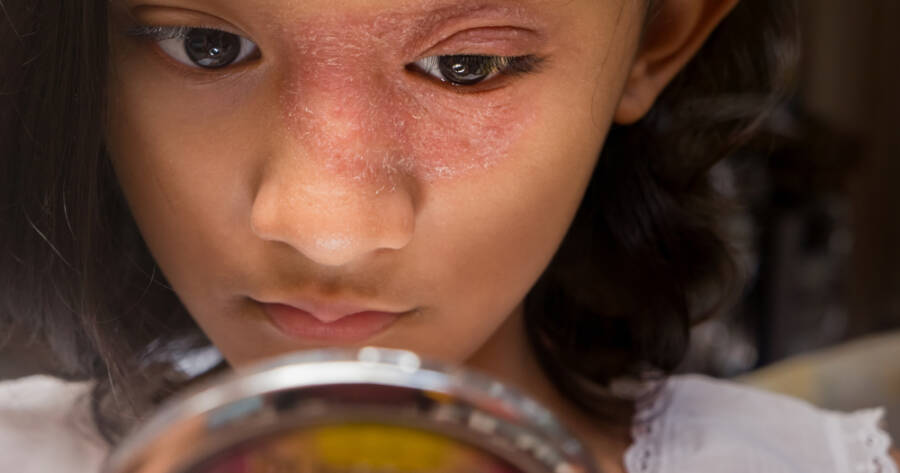Atopic dermatitis (AD), commonly known as eczema, is a chronic skin condition that affects millions of people worldwide, with children often being more susceptible. It’s characterized by dry, itchy, and inflamed skin, which can range from mild irritation to intense discomfort. Although there is no cure for atopic dermatitis, there are treatment options and lifestyle adjustments that can help manage its symptoms. If you are dealing with AD, understanding its causes, identifying triggers, and exploring available treatments could provide relief and improve quality of life.
What Causes Atopic Dermatitis?
Atopic dermatitis is considered a complex condition, resulting from a combination of genetic, environmental, and immune system factors. If you have a family history of asthma, hay fever, or other allergic conditions, you may be more likely to develop AD. This genetic predisposition disrupts the skin barrier, making it difficult to retain moisture and protect against irritants.
Environmental triggers also play a significant role. Factors like dry weather, allergens, certain foods, or harsh skincare products can exacerbate symptoms. In many cases, people with AD may find that flare-ups occur when exposed to specific triggers, such as stress, extreme temperatures, or certain fabrics. Knowing your triggers could make it easier to avoid or manage flare-ups.
Recognizing the Symptoms of Atopic Dermatitis
Symptoms of atopic dermatitis can vary widely from person to person and may change over time. If you’re dealing with AD, you might experience dry, scaly patches on the skin, often accompanied by redness and swelling. The condition is also known for its intense itching, which can lead to scratching and, subsequently, skin damage. Over time, affected areas might thicken or develop a rough, leathery texture.
AD most commonly appears on the face, neck, elbows, knees, and hands, but it can affect almost any part of the body. The symptoms can be particularly distressing for children, as the itching and irritation can disrupt sleep and affect mood. For parents managing a child with AD, understanding these symptoms and learning to manage them can make a big difference in the child’s comfort and well-being.
Treatment Options for Atopic Dermatitis
Although there’s no cure for AD, various treatments may help alleviate symptoms. If you’re considering treatment options, it’s essential to work with a healthcare provider to create a plan tailored to your needs. Here are some potential treatments to consider:
- Moisturizers and emollients: Regularly applying a fragrance-free, gentle moisturizer can help maintain the skin barrier and reduce dryness. If you’re dealing with severe dryness, consider using a thick emollient or ointment, especially right after bathing.
- Topical steroids: For more intense flare-ups, doctors often recommend topical corticosteroids. If prescribed, use these medications according to your doctor’s instructions, as long-term use can sometimes thin the skin.
- Non-steroidal topical treatments: Newer treatments, like calcineurin inhibitors and phosphodiesterase-4 inhibitors, are non-steroidal options for reducing inflammation and itching. If you’re wary of corticosteroids, these medications might provide a suitable alternative.
- Lifestyle and environmental modifications: Making changes in your environment could also help manage AD. For instance, using a humidifier, avoiding extreme temperatures, and wearing soft, breathable fabrics might help prevent irritation. Identifying and avoiding specific allergens, if applicable, can also reduce flare-ups.
- Oral medications and biologics: In severe cases, healthcare providers may prescribe oral medications or biologic treatments that target the immune system. If traditional treatments haven’t provided relief, these newer options could offer additional support.
Managing Atopic Dermatitis for a Better Quality of Life
Atopic dermatitis is a complex condition that might require a multifaceted approach to manage effectively. While it can be a challenging and sometimes frustrating journey, understanding the symptoms, exploring potential causes, and investigating various treatment and lifestyle options could lead to improved quality of life.
Ongoing communication with healthcare providers, combined with individual observation and adaptation, can play a crucial role in navigating this condition. Empowering oneself with knowledge and actively participating in care decisions might contribute to long-term skin health and comfort.





